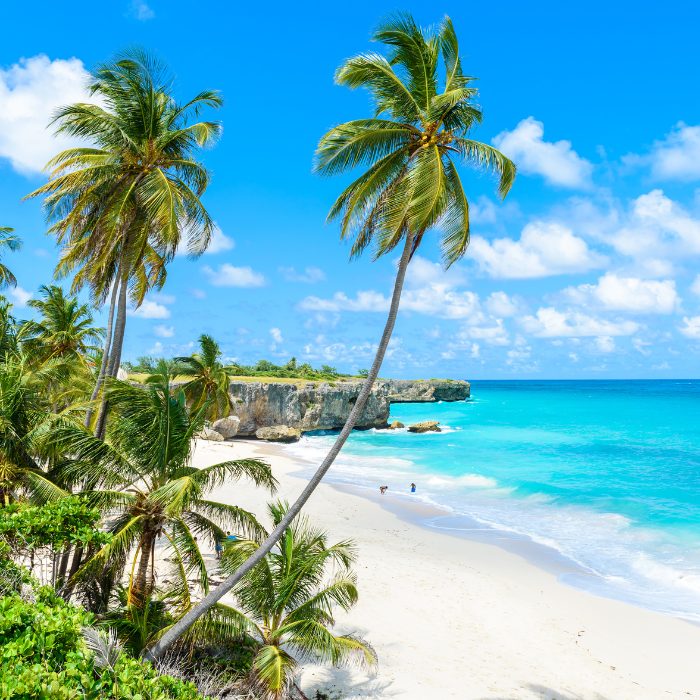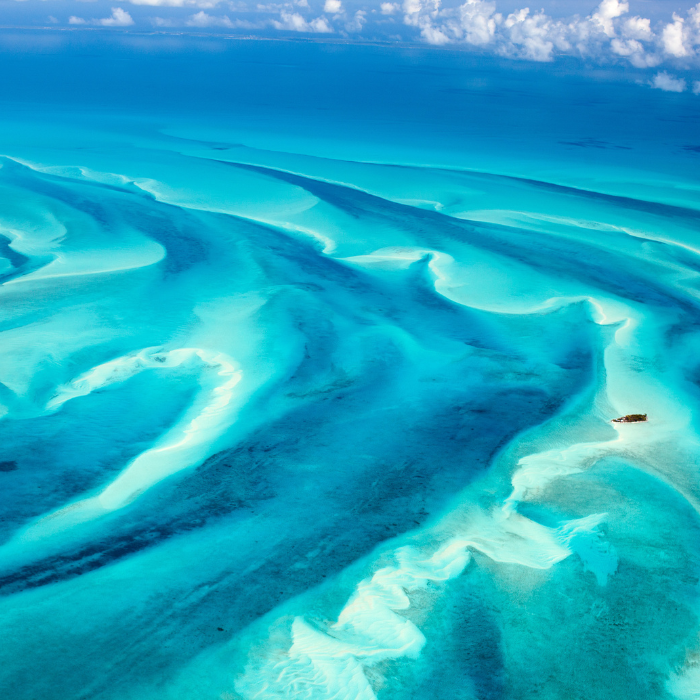EXPLORE
Aruba
Couples and beach lovers will adore Aruba, a small island enjoying year-round sunshine and very little rainfall. At just 70 square miles, exploring the island is easy. Aruba preserves its environment and is well known for being sustainable, with around 20% of power coming from a wind farm. A hotspot for natural beauty, the Arikok National Park, Conchi Natural Pool, and countless beautiful beaches decorate this island with the famous Mount Hooiberg visible from the island’s brightly coloured capital of Oranjestad, where visitors can admire the Latin American influences.




Weather
Aruba is consistently hot year-round, but winter is the coolest at a not-so-chilly 27-28°C. As Aruba comes out of its wet season, it experiences little rainfall until March, when the country becomes incredibly dry.
Best Time for Beach Relaxation and Outdoor Activities
27-28°C
AVG Temperature
8-10 HRs
Sunshine
20mm
AVG Monthly Rainfall
27-28°C
AVG Sea Temperature
Aruba is dry in spring and early summer, experiencing less than 20mm of rainfall each month. The country gets hotter, reaching an average temperature of 29°C by June.
Best Time for Water Sports and Snorkelling
29°C
AVG Temperature
8-10 HRs
Sunshine
17mm
AVG Monthly Rainfall
28-29°C
AVG Sea Temperature
The summer and early autumn temperature remains at 29°C, with rainfall increasing in September as Aruba enters its wet season.
Best Time for Indoor Activities and Cultural Exploration
29°C
AVG Temperature
7-9 HRs
Sunshine
25mm
AVG Monthly Rainfall
29°C
AVG Sea Temperature
These months experience the most rainfall out of the year, with an average of 11 monthly rainy days. The temperature drops slightly as Aruba enters winter, decreasing from 28°C to 26°C in December. The island is below the hurricane belt.
Best Time for Exploring Aruba's Lush Landscapes
26-28°C
AVG Temperature
6-8 HRs
Sunshine
80mm
AVG Monthly Rainfall
28°C
AVG Sea Temperature


Geography
Part of the Lesser Antilles Island arc, Aruba is formed from volcanic rock. The Arikok National Park offers lovely walking trails, cavernous beach caves and enclosed, picturesque rock pools for travellers to take a dip. Abundant coral reefs support the island’s biodiversity, and keen divers can access these from many picturesque beaches.


History
Archaeological artefacts found in Aruba have been dated to 2000 BC, earlier than any archaeological sites on the island. Arawak settlements only date back to 1000 AD, suggesting the ancient relics were from visitors rather than settlers. Later, Aruba was occupied by Spain in 1499 and soon gained a reputation as a piracy and smuggling capital. In 1636, it came under the rule of the Dutch and aside from a brief rule by the British, it has remained a part of the Kingdom of the Netherlands ever since. Aruba was a poor country until the establishment of an oil refinery in the 1920s, at which point the economic health and quality of life on Aruba improved significantly, encouraging immigration and tourism from the rest of the Caribbean, the US, and Europe who swarmed to enjoy its weather and natural beauty.






